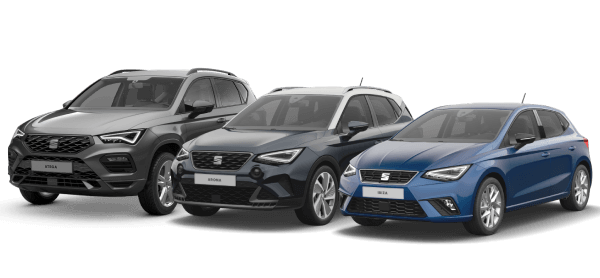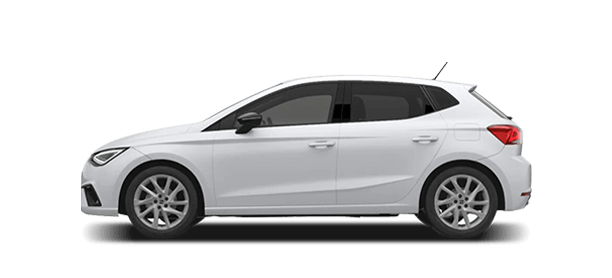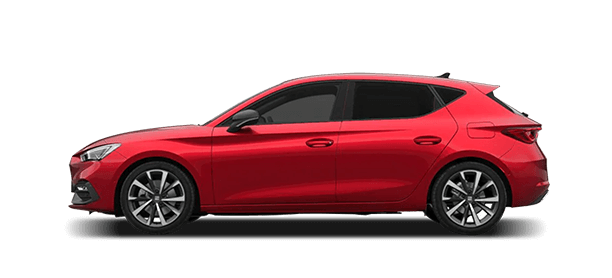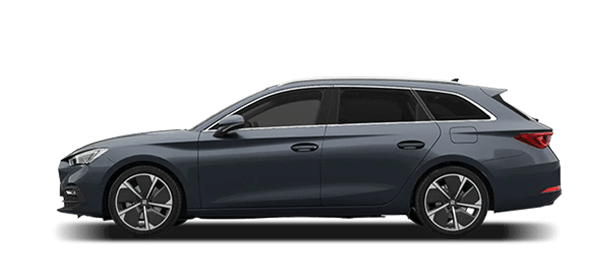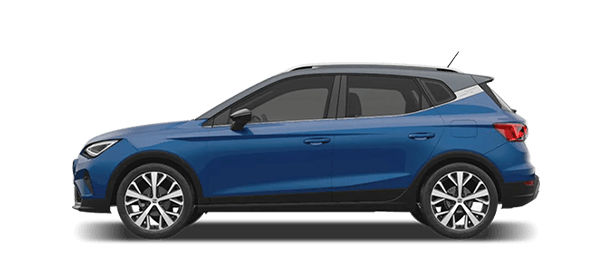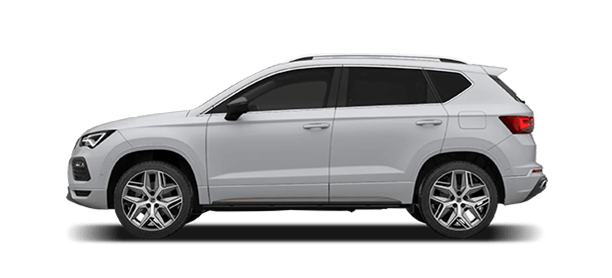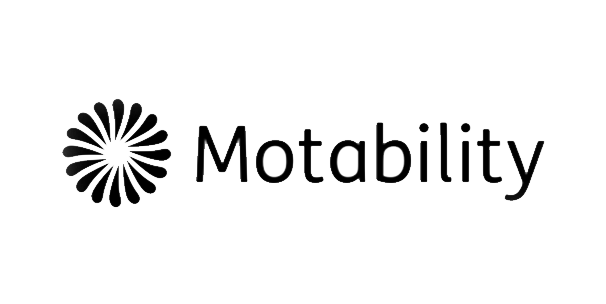Each of the four generations of the SEAT Leon has been ahead of its time, while maintaining the same DNA throughout its more than 20-year history. Designed, developed and created in Barcelona, they all share the same essence that has made the Leon a pillar of the brand, and with more than 2 million units sold so far, a legend that continues to grow. “This is the model that put SEAT on the world map of motoring, thanks to its design, technology and quality”, says Isidre López, who is responsible for SEAT’s Historic Car collection.
1st generation (1999), impressive debut.
Designed by Giorgetto Giugiaro, the first Leon signalled SEAT’s entry in the compact car segment. “The first Leon was a trendsetter with a design with a lot of personality”, says Isidre. “It was a great update on technology and quality”, assures José Miguel Royo, a project manager of Chassis Development at SEAT. It was a pioneer in many areas: the brand’s first car that was made in two factories at the same time (Brussels and Martorell), which featured four-wheel drive and a six-speed gearbox, and with 180 hp, it was also the first to exceed 150 hp. “It was a superior model to what we had until then, because of its totally galvanised body (to protect it from corrosion and improve its appearance) and also because of extras such as the automatic opening of the fuel port, which was a very sophisticated feature at that time”, adds Michael Geue, the head of Structural Development and Anticorrosion at SEAT.
2nd generation (2005), innovative, sporty design.
Walter Da Silva gave the second generation its breakthrough design. “He revolutionised a traditionally classic segment, with an exterior featuring its iconic side blisters and the recessed rear door handles that made it look like a 3-door model”, says José Miguel. In motorsport, the second generation won four manufacturer and driver world titles in 2008 and 2009 at the World Touring Car Championship (WTCC). “That was a major feat, especially for a compact, as the lack of a proper boot gives you an enormous aerodynamic disadvantage”, explains Isidre.

3rd generation (2012), style and quality.
Already presented with Alejandro Mesonero-Romanos as head of the Design department, the third generation has a more sophisticated appearance. “Its design is 100% SEAT; any driver can immediately recognise a third generation Leon in their rear-view mirror”, Isidre points out. And this is partly thanks to the LED daytime lights. In fact, it was the first compact to incorporate full LED technology. The range of trim levels of the third generation was superior to previous ones in order to satisfy a more demanding public. “We put a lot of high quality features into it, from the materials to the sound of the doors when opening and closing, with particular emphasis on the interior”, says José Miguel. “Everyone was talking about the Leon; we began winning a lot of comparison tests and that made us extremely proud”, Michael recalls. Moreover, it was the first Leon to offer 5-door, 3-door SC and family size ST variants.
4th generation (2020), the most technologically advanced SEAT.
If there is one thing that characterises the new Leon, it’s that it represents an unprecedented technological leap: not only is it the brand’s first fully connected vehicle, but it’s also innovative in terms of safety and lighting. And all this with a design by Mesonero-Romanos that gives it an improved appearance and more personality, while maintaining its sporty essence. José Miguel Royo highlights its interior: “It’s the most desirable by far for the most discerning user.” “It is simply spectacular and it has managed to surpass what for me is one of the best cars in the history of SEAT, the third generation Leon”, admits Isidre. Furthermore, it is the brand’s first vehicle with five different drive systems (petrol, diesel, compressed natural gas, micro-hybrid and plug-in hybrid), offering the widest range of possibilities to meet the expectations and needs of any driver. “It’s going to be a major pacesetter” concludes Michael Geue.






